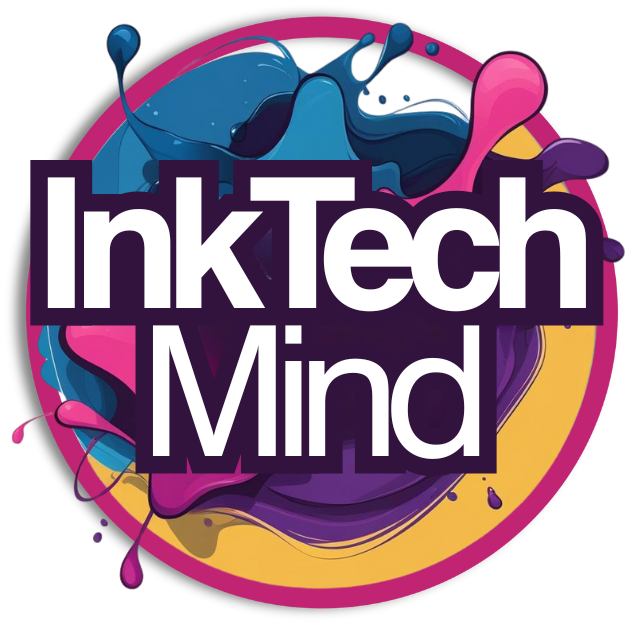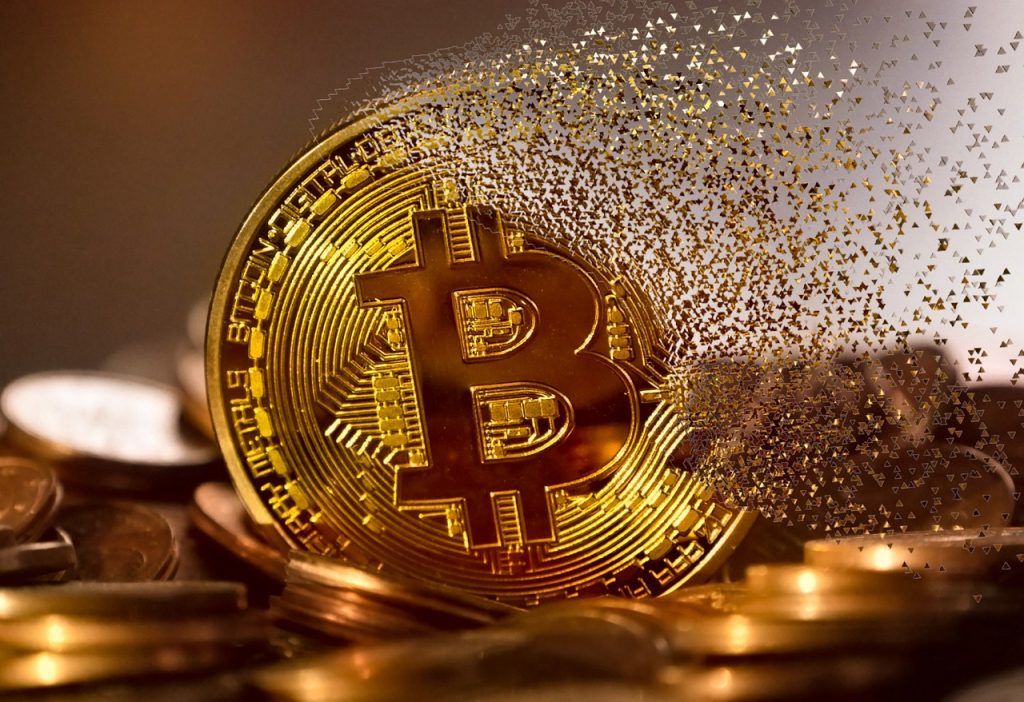The internet is shedding its shackles—welcome to the revolution!
In a world where digital freedom has often felt like a pipe dream, the decentralized internet is here to disrupt the status quo. Picture this: a vast web of websites, apps, and services that operate independently from the giants who currently dominate the tech landscape. It’s a little like watching your neighborhood bakery compete with the corporate donut factory. Sweet, right?
Recently, news spread like wildfire about a breakthrough in decentralized networks. Protocols like IPFS (InterPlanetary File System) and Filecoin are gaining traction, proving that the future of the internet might just look like a patchwork quilt of user-driven content rather than a monolithic fortress ruled by a few tech overlords. These projects aim to bring back ownership to users like you and me, allowing us to control our data and share it without interference.
Imagine if Facebook didn’t own your posts, or if YouTube didn’t get a cut every time you streamed your favorite cat videos. Sounds dreamy, right? In the real world, companies have been cashing in on our clicks and likes while consumers feel more like products on a shelf. But with decentralized networks, you’re the chef in your digital kitchen. You decide what ingredients to use, and nobody can serve you stale bread just because they’re the ones holding the oven.
One notable example is the launch of “Web3” initiatives, which enable peer-to-peer interactions without a meddling middleman. For instance, if you wanted to step into a virtual world to trade digital art (say, holograms of Picasso’s cats!), you could do so seamlessly via decentralized platforms. No one to charge fees or restrict your sales— it’s you, your art, and blockchain technology working silently behind the scenes.
Of course, the journey to this utopia is paved with challenges. Security concerns, scalability issues, and the occasional tech hiccup are hurdles to leap over. It’s like starting a home exercise routine: you have the lofty goal of a six-pack, but first, you need to work through the pizza-induced guilt.
But the internet isn’t just a technical playground; it’s an ecosystem that thrives on community engagement. Projects are sprouting up globally, like dandelions cracking through concrete. These innovators are fostering collaboration, allowing users to dictate the way their online experiences unfold.
There’s also a hint of irony here. The big tech companies that have made billions exploiting our data are now investing in decentralized solutions. It’s as if the cookie monster suddenly decided to bake healthier snacks! The irony is delicious, but we’ve got to wait and see if these moves are genuine or just a way for them to keep their seats at the table.
So, where does this leave us? Staring into the metaphorical digital crystal ball, we can see the signs of great change. The decentralized internet is about flipping the script on control and ownership. As we inch closer to this reality, it might just be the wake-up call we need.
In the end, just remember: while the future is uncertain, one thing remains clear—the internet is evolving, and it’s about time we take a front-row seat in the revolution. Let’s hope it’s a wild ride filled with innovation, a few quirks, and a lot more freedom to do what we love without a corporate overlord peering over our shoulders!

